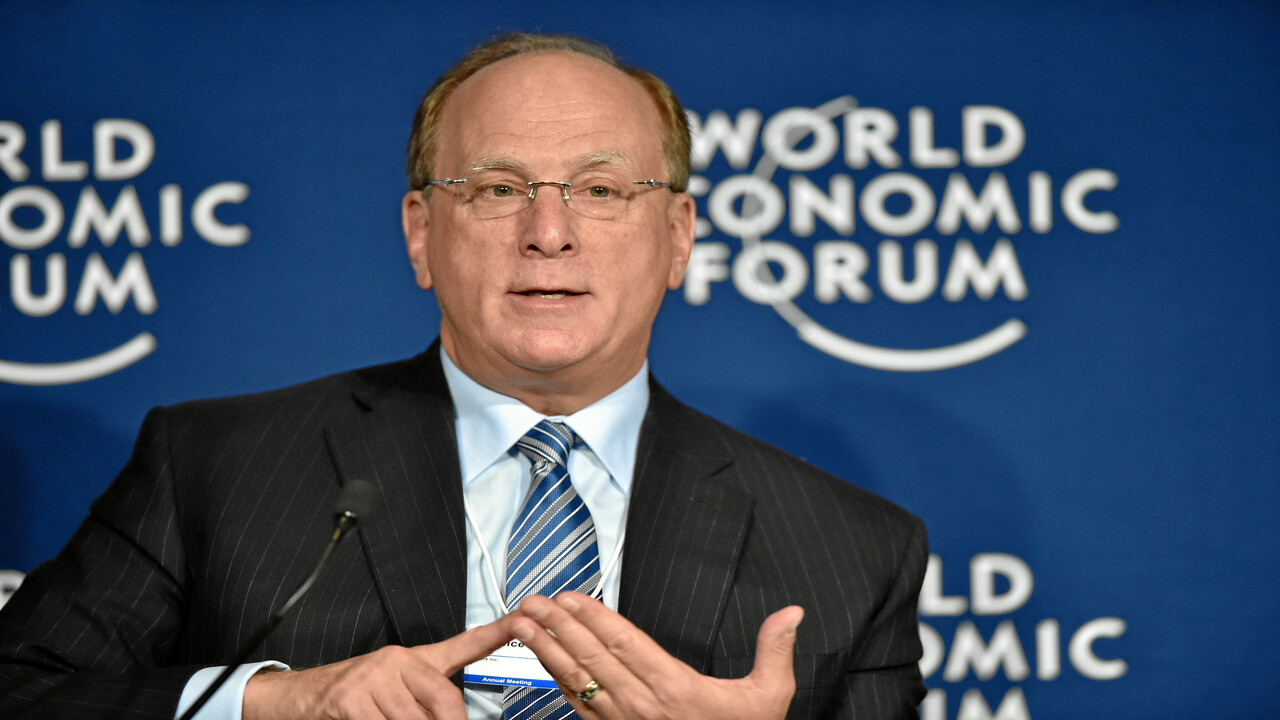BlackRock Inc., MSCI Inc., and other major firms anticipate heightened scrutiny as congressional investigations delve into investments in Chinese companies considered national security threats, especially after a recent Biden administration executive order prohibiting certain investments in China.
Over $294 billion from more than 2,000 US mutual and exchange-traded funds are channeled into Chinese stocks and bonds. Notably, Bloomberg data indicates not all of these funds are invested in companies under Congress’ microscope. Leading fund managers, including Vanguard Group, BlackRock, Fidelity Investments, and DWS Group, hold investments in some of these Chinese entities.
Last week, President Biden’s administration launched an executive order targeting U.S. investments in China’s pivotal tech industries. This move followed accusations by the House Select Committee on the Chinese Communist Party that BlackRock is investing in Chinese companies acting against U.S. strategic interests.
Despite these measures, Martin Chorzempa, from the Peterson Institute for International Economics, notes, “The ties between the two countries’ businesses haven’t frayed as much as a lot in Washington would like.” There’s a visible push for decoupling from certain lawmakers.
The recent order, narrower than many in Congress hoped, primarily targets private equity and venture capital firms. Still, it could be a starting point for congressional inquiries into money managers’ Chinese investments. Laura Black of Akin Gump Strauss Hauer & Feld law firm suggests the order is “a baseline that will likely be ratcheted up over time, particularly in terms of covered technology sectors.”
The order, shaped over two years, focuses on sectors like semiconductor, quantum computing, and artificial intelligence. Its scope could eventually be broadened, potentially sidelining passive investments, public securities, index funds, and other assets.
U.S. Representative Mike Gallagher emphasizes the gravity of the situation, saying, “If we want to stop American money funding military contractors and human rights abusers in the PRC [People’s Republic of China], then Congress needs to step up and wrestle with this much bigger problem.”
BlackRock and MSCI find themselves particularly under the lens. BlackRock allegedly has five funds with over $429 million in contentious Chinese investments.
Todd Rosenbluth, from VettaFi, indicates that BlackRock’s spotlight isn’t isolated: “If this is something for Congress to be concerned about, it is not coming from one index provider and one asset manager — it is a broader industrywide event.”
Increasingly, the U.S. government is increasingly enhancing its oversight on China investments, generating various watch lists overseen by the Departments of Defense, Homeland Security, and the Treasury. While some lists identify Chinese military corporations or those using forced labor, others impose more specific restrictions, complicating investment decisions.
For instance, Vanguard’s $73 billion FTSE Emerging Markets ETF holds shares in two companies related to entities on one of the Treasury’s watch lists. Similarly, DWS Group’s fund has stocks related to another firm on the list.
Future investments might face more complexities. U.S. Senators John Cornyn (R-TX) and Bob Casey (D-PA) champion a provision demanding greater transparency on U.S. investments in China. It has seen widespread bipartisan backing.
Photo by World Economic Forum, Attribution-NonCommercial-ShareAlike 2.0 Generic.
Jack McPherrin ([email protected]) is a managing editor of StoppingSocialism.com, research editor for The Heartland Institute, and a research fellow for Heartland's Socialism Research Center. He holds an MA in International Affairs from Loyola University-Chicago, and a dual BA in Economics and History from Boston College.






